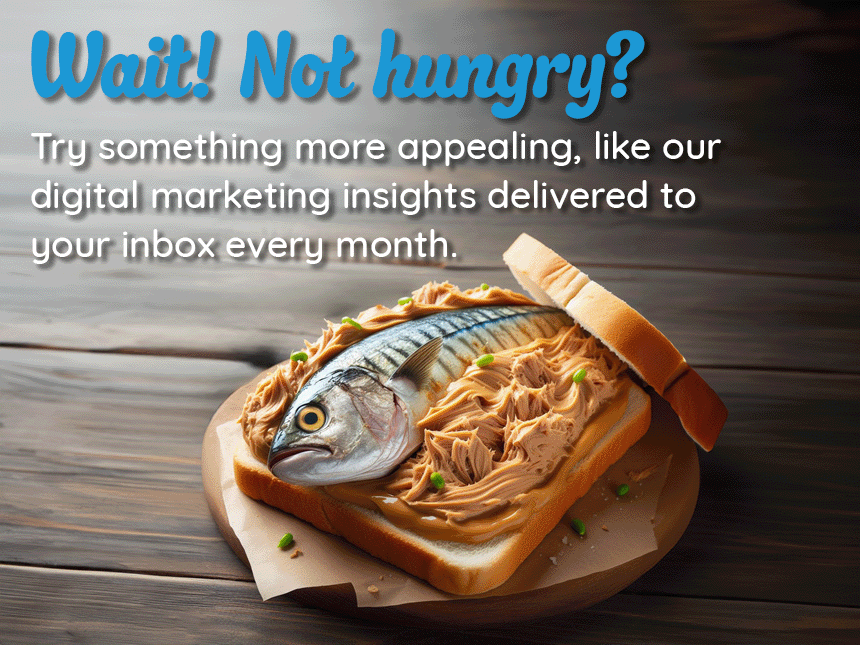When the Steaks are High for Good Customer Service
TL;DR:
- A sequel to this fable on good and bad customer service.
- For the love of God, bring the lady some sauce!
- People will forgive companies for a LOT if they show empathy and remorse.
This story is a much, MUCH quicker read than the last. It’s a fun companion on how customer service can ruin an experience.
Important things to know:
- My wife incorrectly eats steak with A1 steak sauce.
- She celebrated the conclusion of some dietary issues with an expensive steak dinner.
- The following dialogue is not verbatim how it went down, but pretty close.
Picture this: We’re at a steakhouse, husband and wife, first date night in a long while, first steak she could enjoy in an even longer while, dim lighting, strong yet tasty drinks.
Then comes strike #1 for my wife: This steakhouse doesn’t serve mashed potatoes. No biggie, she orders truffle fries.
The steak and fries arrive. My wife’s eyes are huge. The waiter asks if we need anything else, and she says, “Yes, just some A1 and ketchup.”
The waiter looks at her. And he says, “No.”
She’s taken aback. She kind of stumbles. “Like, you can’t bring it to me?”
“We don’t have any.”
“A1? Do you have any kind of steak sauce?”
“No.”
“Okay, just the ketchup then.”
“No.”
“No what?”
“We don’t have ketchup, either.”
“You don’t have ketchup?”
“No.”
“You let me order French fries and didn’t think it was important to note you don’t have ketchup?”
“They took it away from me.”
“What does that even mean?”
“Would you like to share your husband’s truffle butter?” (Yes, they offered $2 truffle butter on steaks and yes, it was delicious, and yes, I had already poured it all over my steak before the waiter asked if I’d like to share it.)
“Just get out of my sight while I eat this nasty dry filet,” she did not say but very much wanted to.
The TV show The Bear created awareness of top-tier eateries going so far as to research their guests online to ensure the greatest possible dining experience. The goal is to gift all patrons one of the best nights of their lives. This of course motivates the patrons to gush about their experience and keep the months-long waitlist going.
This steakhouse wasn’t at risk of earning any Michelin stars, but it carried a mighty hefty price tag. Richie Jerimovich would’ve known before we arrived that my wife likes to ruin her steaks with A1 and had a bottle waiting. At the very least, he would’ve darted to any of the seven other restaurants on the street to borrow a bottle of ketchup.
I don’t need our waiter to have done that, obviously. But his expression said, “this lady’s crazy.” Meanwhile, I’m not sure how he doesn’t face the request for ketchup 20 times a night — a few tables over was a family with three kids. None of them wanted ketchup on their fries? Maybe everyone else’s family is more sophisticated than mine.
But here’s the real business moral:
If you need to tell a customer no, at least be polite and apologetic about it. Apologies go a LONG way! This is true of crisis communication as well — so many organizations would be in less trouble if they just owned up to their mistake and apologized (legal team permitting).
This wasn’t a mistake. Clearly the chef didn’t want his culinary creations sullied and I get that. My wife will never return to this restaurant not because they don’t serve A1, but because of how the waiter handled their not serving A1.
But hey, since she’ll never read this, for the record, my medium rare NY strip with the truffle butter was magnificent.



